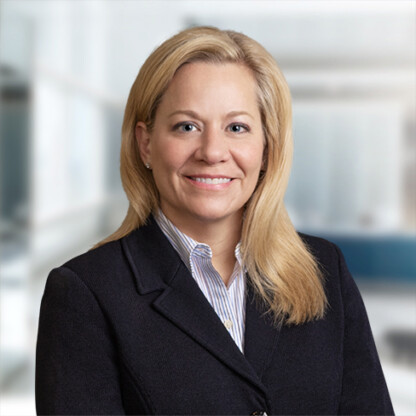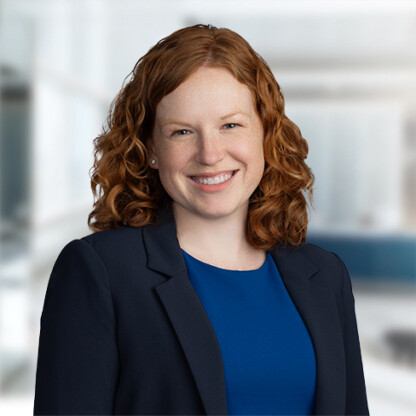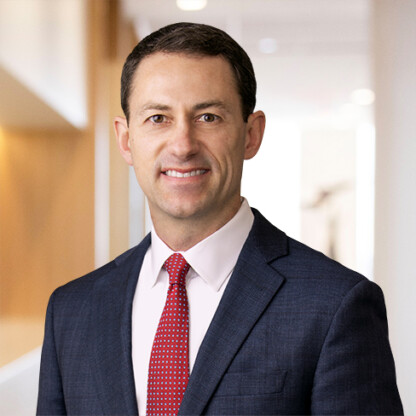Start the new year with Foley & Lardner and PYA at the seventh annual Let’s Talk Compliance virtual conference. The event will be moderated by Foley health care partner, Jana Kolarik and PYA consulting principal Angie Caldwell. Panelists will include members from Foley’s Health Care & Life Sciences Sector, along side PYA specialists in health care consulting, compliance, and cybersecurity. Each day will feature two sessions focused on timely and trending topics in health care and life sciences compliance.
CPE, CLE, and CHC credits will be available. If you would like to attend this event, please RSVP to the session(s) below. There is no fee to attend.
Day One: Thursday, January 23, 2025, | 11:00 a.m. – 1:30 p.m. ET
Session 1: The OIG’s General Compliance Program Guidance: “Auld Lang Syne”
Presenters: Shannon Sumner, Judith Waltz
As we enter into another year, as in the lyrics of “Auld Lang Syne,” we nostalgically reflect back on what the compliance industry learned from implementing the new and refreshed General Compliance Program Guidance (GCPG) in 2024, while we set the stage for 2025. Learning objectives for this session include the following:
- Discussing GCPG implementation best practices identified from serving clients in 2024.
- Providing key concepts our various clients are still struggling with and steps they are taking to comply with the GCPG’s expectations.
- Providing an overview of the latest industry segment-specific guidance (Skilled Nursing Facilities).
- Offering a summary of significant settlements/cases which pressure-tested organizations’ compliance programs in 2024.
Session 2: Trends in Health Care Privacy and Security: Cybersecurity, Patient Rights, and Reproductive Health Care Information
Presenters: Jennifer Hennessy, Barry Mathis
This presentation will discuss recent health care cybersecurity updates and strategies for cybersecurity defenses and incident response, the Department of Health and Human Services’ (HHS) continued enforcement of patient rights to access their own health information, and HIPAA’s amendments to protect reproductive health care information. Learning objectives for this session include the following:
- Discussing trends in health care cybersecurity, including expected updates to the HIPAA Security Rule, HHS’ announcement of its Security Risk Analysis enforcement initiative, and recent HHS ransomware settlements.
- Providing a refresher on HIPAA’s right for individuals to access their own information, in light of HHS’ continued HIPAA Right of Access enforcement initiative.
- Discussing where HIPAA’s recent amendments to provide additional protections for reproductive health care information likely stand under the incoming Trump Administration.
- Providing effective strategies for cyber event response, focusing on containment, mitigation, and recovery, with lessons learned from recent cyber incidents in health care.
- Exploring the role of artificial intelligence in enhancing cybersecurity defenses, including its applications in threat detection, anomaly analysis, and predictive security measures.
- Explaining how to manage cyber risks with third-party vendors, emphasizing the importance of vendor risk assessments, contract provisions, and ongoing monitoring to ensure compliance and safeguard sensitive information.
Day Two: Friday, January 24, 2025, | 11:00 a.m. – 1:30 p.m. ET
Session 3: A New Era for Interacting with Federal Agencies
Presenters: Matt Krueger, Martie Ross
The end of Chevron deference and the reelection of President Trump mean that federal agencies like Centers for Medicare & Medicaid Services (CMS), Health Resources and Services Administration (HRSA), and U.S. Food and Drug Administration (FDA) will operate under fundamentally different rules than in the past. This presentation will explain the changes and identify what you need to know for your organization. Learning objectives for this session include the following:
- Providing the key background on the Chevron doctrine, which required courts to defer to agencies’ interpretations of statutes, and the Supreme Court’s overturning of it in Loper Bright.
- Identifying important changes resulting from Chevron’s end and election of President Trump, including more cautious rulemaking, more frequent challenges agency actions, and more restrictions on subregulatory guidance.
- Identifying risks and opportunities for healthcare companies that are subject to agency’s rules, actions, and guidance.
Session 4: Antitrust Issues in Provider Mergers & Acquisitions
Presenters: Benjamin Dryden, David McMillan
This presentation will cover the key antitrust issues that arise in M&A involving health care providers, including hot issues in federal and state antitrust enforcement, practical tips for staying compliant in due diligence and integration planning, and major changes to the requirements for reporting transactions under the Hart-Scott-Rodino Act. Learning objectives for this session include the following:
- Understanding the key antitrust requirements and risks that arise in health care mergers and acquisitions.
- Understanding recent reforms to the federal Merger Guidelines.
- Unpacking key changes to the rules for reporting transactions under the Hart-Scott-Rodino Act and what they mean for the health care sector.
- Addressing state regulatory requirements and their impact on health care mergers and acquisitions.
- Addressing potential antitrust enforcement trends and priorities for the second Trump Administration.
CLE
CLE, CHC, and CPE credits will be available to those who attend each 60-minute session and complete the required polling and surveys. Each session will offer one CPE credit, with up to four CPE credits available for those who attend all live sessions.
CLE:
Applications for accreditation will be submitted to CA, CO, FL, IL, NY, TX, UT, VA, and WI. Uniform Certificates of Attendance will be provided to attendees licensed in other jurisdictions so they may self-apply if their jurisdiction allows.
Foley & Lardner LLP is an approved MCLE provider in California, Colorado, Illinois, New York, Texas, and Utah.
For purposes of New York CLE credit, this program is appropriate for both newly admitted and experienced attorneys. Certificates of attendance will be distributed to eligible participants approximately eight weeks after the program via email.
CPE:
Participants can earn up to 4 CPE credits in Specialized Knowledge. Program Level: Intermediate. Delivery Method: Group Internet Based. Advanced Preparation: None. Prerequisites: None. No fee. PYA, P.C. is registered with the National Association of State Boards of Accountancy (NASBA) as a sponsor of continuing professional education on the National Registry of CPE Sponsors. State boards of accountancy have final authority on the acceptance of individual courses for CPE credit. Complaints regarding registered sponsors may be submitted to the National Registry of CPE Sponsors through its website: www.NASBARegistry.org.
CHC:
This educational activity has been submitted to the Compliance Certification Board® (CCB) and is currently pending its review for continuing education units (CEUs).



